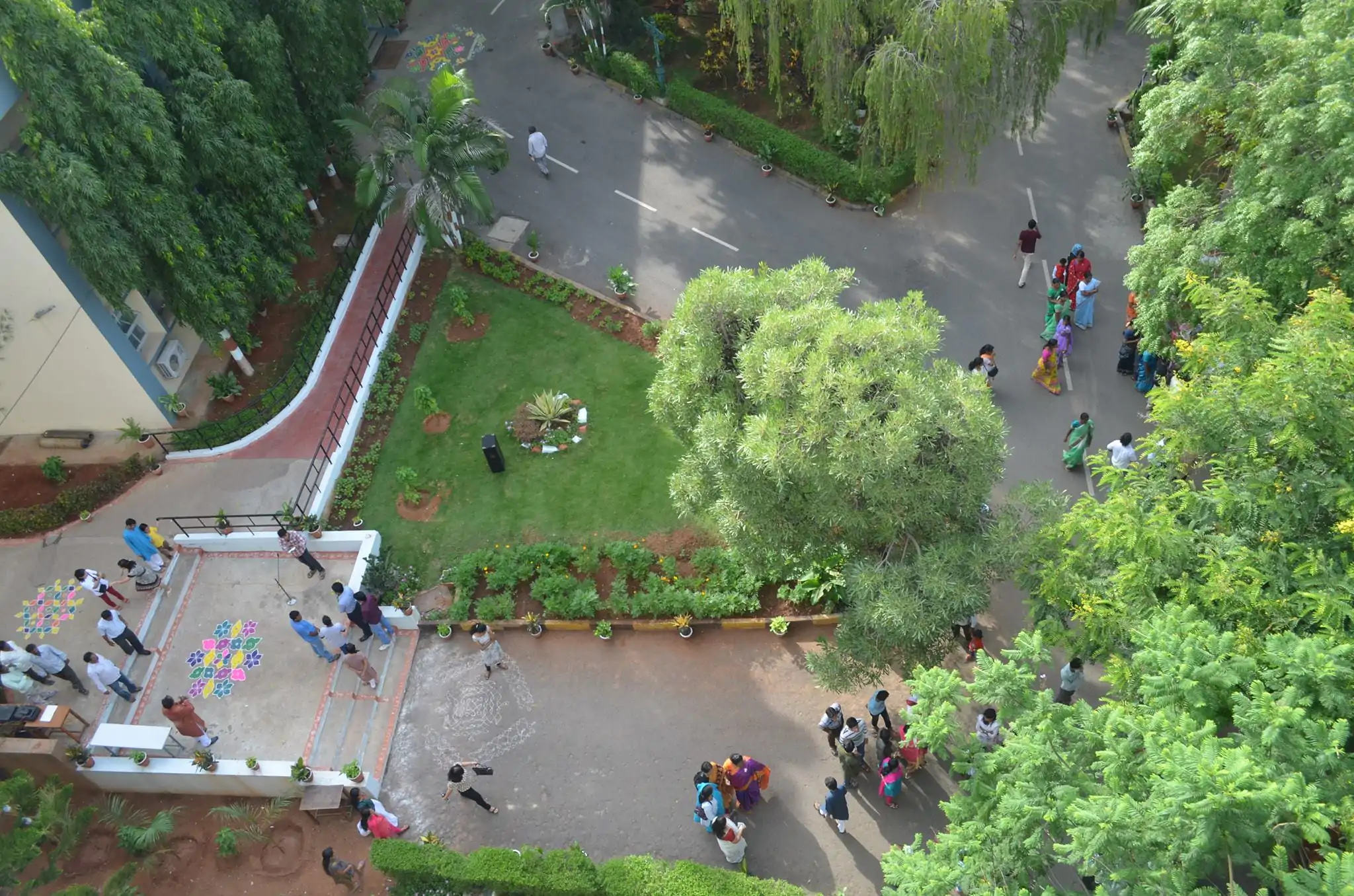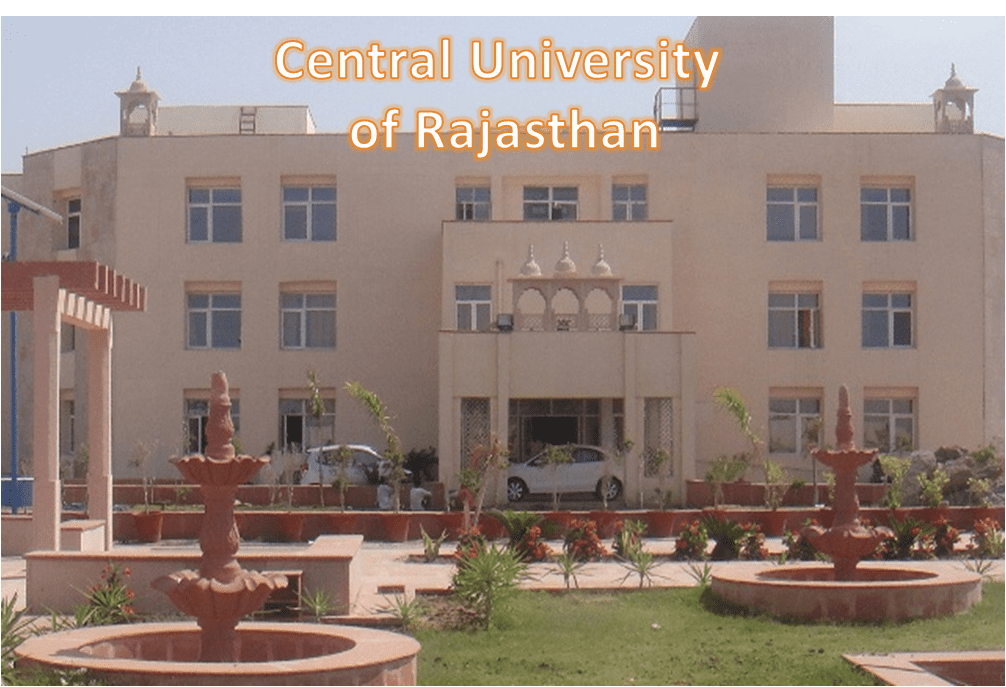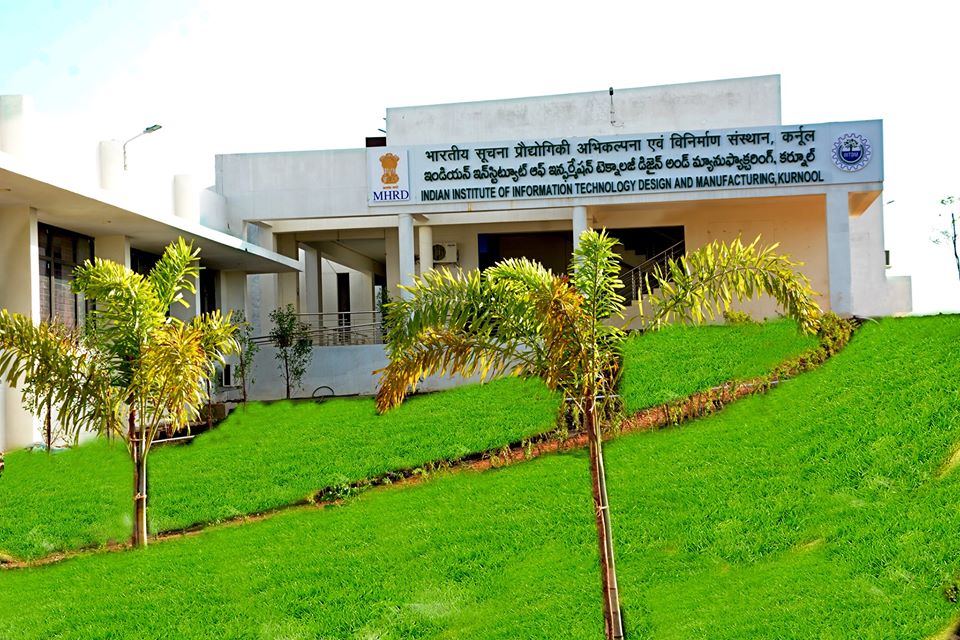New Delhi: Joint Entrance Screening Test (JEST) is a screening test for admission to PhD and Integrated PhD programme of different participating institutes (more than 30 institutes) in physics and theoretical computer science / neuroscience. The JEST examination is conducted each year for two subjects only: physics and theoretical computer science. However, the qualifications for admission to the PhD and Integrated PhD programme in various participating institutes are different.
The Science & Engineering Research Board (SERB) (statutory body established through an Act of Parliament) recognizes JEST as a National Eligibility Test (NET). Fellows working in SERB programmes and qualified in NET are eligible to get enhanced fellowship. JEST score is valid for one year.
Timeline: JEST 2017 was held on 26 February 2017 (Sunday). The exam was held in 34 cities across India. Last date for submitting online applications and payments was 26 December 2016. Hence, candidates should keep a close eye from November and December of each year as SERB releases notification during this period.
Participating Institutes: There are 31 Participating Institutes who use JEST score for admission to PhD and Integrated PhD programme in physics and theoretical computer science / neuroscience. The prominent Participating Institutes are as followed: Indian Institute of Science Education and Research (IISER), Bhopal, Kolkata, Mohali, Pune, Thiruvananthapuram; Bose Institute, Kolkata; Homi Bhabha National Institute, Mumbai; Indian Institute of Science, Bangalore; National Institute of Science Education and Research, Bhubaneswar; Saha Institute of Nuclear Physics, Kolkata; Raman Research Institute, Bangalore; Tata Institute of Fundamental Research, Mumbai.
Participating Institutes have their own eligibility criteria. Applicants who are expected to complete their final examinations by August of each year are also eligible to appear for the JEST exam of that year. There are 31 participating institutes.
One can appear for the JEST examination in Physics or Theoretical Computer Science but not for both. Institute of Mathematical Sciences (IMSc), Chennai is the only institution which currently offers a PhD in Theoretical Computer Science. National Brain Research Centre (NBRC), Gurgaon is the only institution which currently offers a PhD in Neuroscience. Institute of Mathematical Sciences (IMSc) Chennai offers a PhD in Computational Biology. Please note that JEST is meant as a means for students from a Physics background to take up research in Neuroscience or Computational Biology, and interested students have to take the PHYSICS JEST examination.
Eligibility Conditions for JEST
PhD Programme
Physics
M.Sc. in Physics (all participating Institutes).
Additionally, some institutes accept B.E. / B.Tech. / M.Sc. / M.E. / M.Tech. in disciplines of Applied Physics and Mathematics, as listed below.
M.Sc. in Mathematics / Applied Physics / Applied Mathematics / Optics and Photonics / Instrumentation / Electronics will also be considered at IIA.
B.E. or B.Tech. will be considered at IISc, IMSc, ICTS-TIFR, IUCAA, JNCASR, NCRA-TIFR, TIFR-TCIS, RRI, IISER Mohali, IISER Pune, IISER Thiruvananthapuram.
M.Sc. in Physics / Electronics / Astronomy / Applied Mathematics will be cnsidered at IUCAA.
MSc in Physics, Engineering Physics or Applied Physics will also be considered at IPR.
M.Sc. in Physics, Chemistry, Applied Mathematics, Biophysics or Biochemistry will be considered at SNBNCBS.
B.Tech Eng. Phys.will be considered at TIFR.
M.E./ M.Tech in Applied Physics will be considered at NISER.
Theoretical Computer Science at IMSc
M.Sc./ M.E. / M.Tech. in Computer Science and related disciplines, and should be interested in the mathematical aspects of computer science.
Ph D in Neuroscience at NBRC
M.Sc (Physics/ Mathematics), B.E/ B.Tech/ M.C.A in Computer Science
Ph D in Computational Biology at IMSc
M.Sc./ M.E. / M.Tech. / MCA in any engineering or science discipline, with good mathematical skills and strong interest in biological problems.
Integrated M.Sc. / M.Tech – Ph.D Programme (Physics)
- Sc. (Physics / Mathematics) will be considered at SNBNCBS.
- Sc. (Physics) will be considered at IMSc.
B.Sc. (Physics / Mathematics) / B.E. / B.Tech. in Electrical / Instrumentation / Engineering Physics / Electronics and Communications / Computer Science and Engineering / Optics and Photonics will be considered in IIA.
B.Sc (Physics) or B.E./B. Tech in Engineering Physics , with a minimum of first class marks, will be considered at NISER.
B.Sc. (Physics) will be considered at IISER-Pune, ICTS-TIFR, NCRA-TIFR, and TIFR-TCIS.
- Sc. (Physics / Mathematics) / B.E. / B.Tec. will be considered for Integrated M.Sc – PhD at Bose Institute.
Integrated PhD Programme in Theoretical Computer Science at IMSc
B.Sc./B.E./B.Tech./M.C.A. in Computer Science or related disciplines and should be interested in the mathematical aspects of computer science.
Integrated M.Tech – Ph.D. Programme at IIA
M.Sc. (Physics / Applied Physics) / Post-B.Sc. (Hons) in Optics and Optoelectronics / Radio Physics and Electronics.
Integrated PhD Programme at IISER, Thiruvananthapuram
- Sc. (Physics) or B.E. / B. Tech. in any discipline.
- Sc. Programme at HRI
- Sc. (Physics) or B.E./B.Tech. degree in any discipline
HRI is starting a new M.Sc. programme in Physics from 2017. The Integrated PhD programme in Physics at HRI is discontinued from 2017.
The official website of JEST is https://www.jest.org.in/








